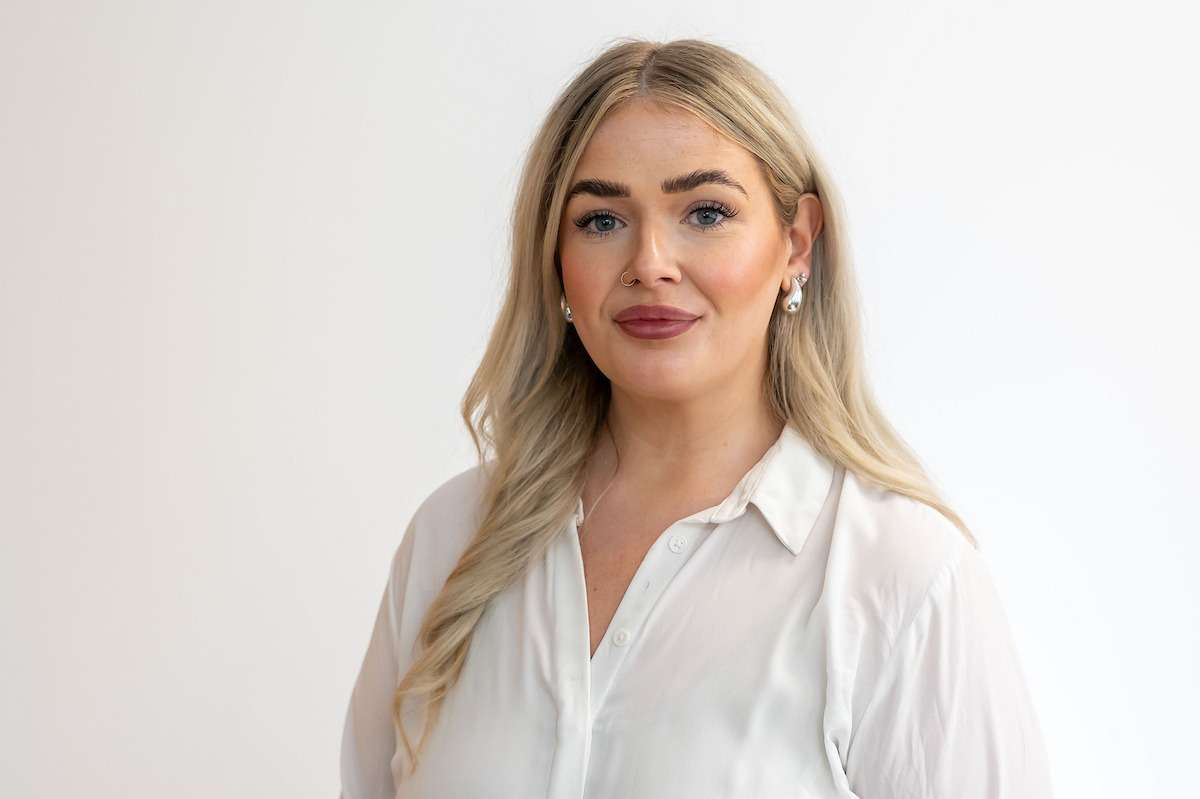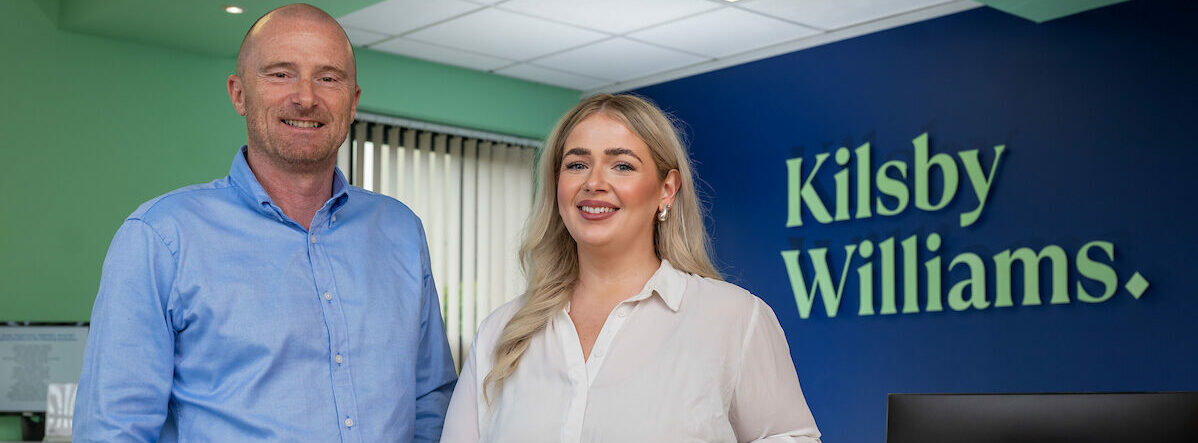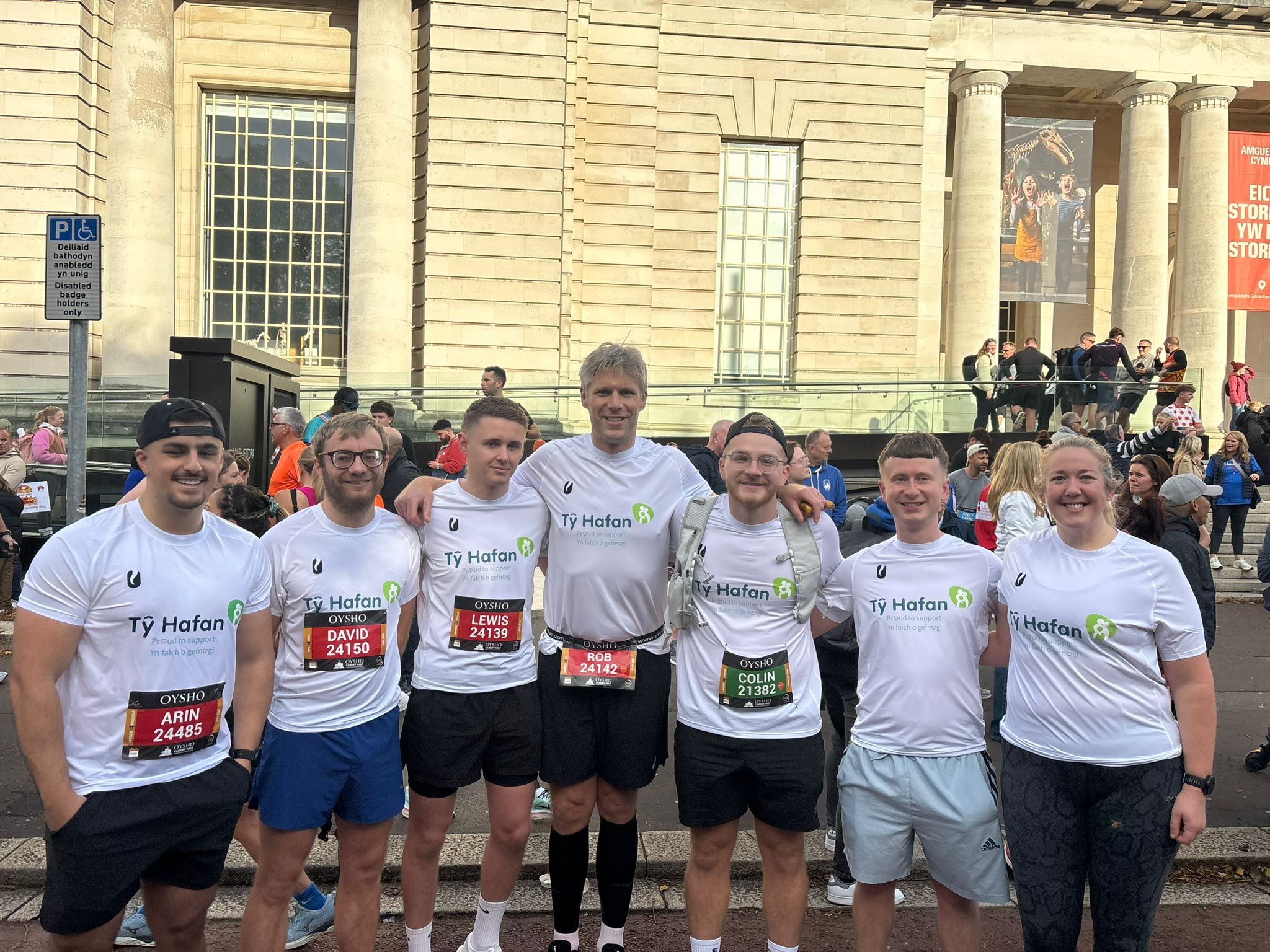It has been a fairytale start to 2024 for the 16 year old Littler who is understood to have earned £200,000 from his run to the WDC final alone. Amongst the press coverage about his success, HMRC’s Press Office congratulated Luke in an X post and took the opportunity to remind everyone of the existence of income tax – a subtle reminder that Luke will be paying income tax on his winnings even though he is only 16 years old.
Broadly, income tax is paid by individuals on their earned income from a profession or vocation, and prize money earned by athletes typically falls within this category. There can be confusion about whether money won at a darts competition might be income tax exempt in the same way as lottery and betting winnings, but Luke’s winnings shouldn’t get caught up in this confusion. As the HMRC Press Office suggested, Luke will be taxable on the winnings along with any additional income he makes from endorsements and sponsorship.
All UK resident individuals (and some non-UK residents) get a personal allowance of £12,570 – a level that has been frozen until 5 April 2028. This means that this amount can be earned before an individual has to pay tax on their income. Income above this is taxed at 20% up to earnings of £50,270, at which point earnings are taxed at 40%. Where an individual’s net income exceeds £100,000, the personal allowance is reduced by £1 for every £2 of income above £100,000, and then the 45% additional rate kicks in at £125,140.
Income tax applies to under 18s in exactly the same way as it applies to adults. Their income however is usually under the tax free personal allowance so there is often a misunderstanding that their earnings are tax free. The HMRC Press Office has taken Luke to be the face to remind everyone that this isn’t the case.
With winnings over £100,000, it is likely that Luke will lose his personal allowance for 2023/24. It is also likely that Luke will have a large part of his income taxed at 45% given he also exceeds the £125,140 threshold for this to kick in. Worse still, his earnings between these two thresholds will have an effective rate of 60%! With the right advice he may be able to set himself up to mitigate his tax charge and he will no doubt be talking to his accountants, primed for HMRC to look closely at his affairs over the coming months.
His case has highlighted however that professional athletes and sole traders of all ages should take professional advice to ensure they are prepared for the highs and lows of irregular income.
If you would like to chat about how our team at Kilsby Williams might be able to help you, please get in touch with your usual adviser on info@kilsbywilliams.com or 01633 810081.




